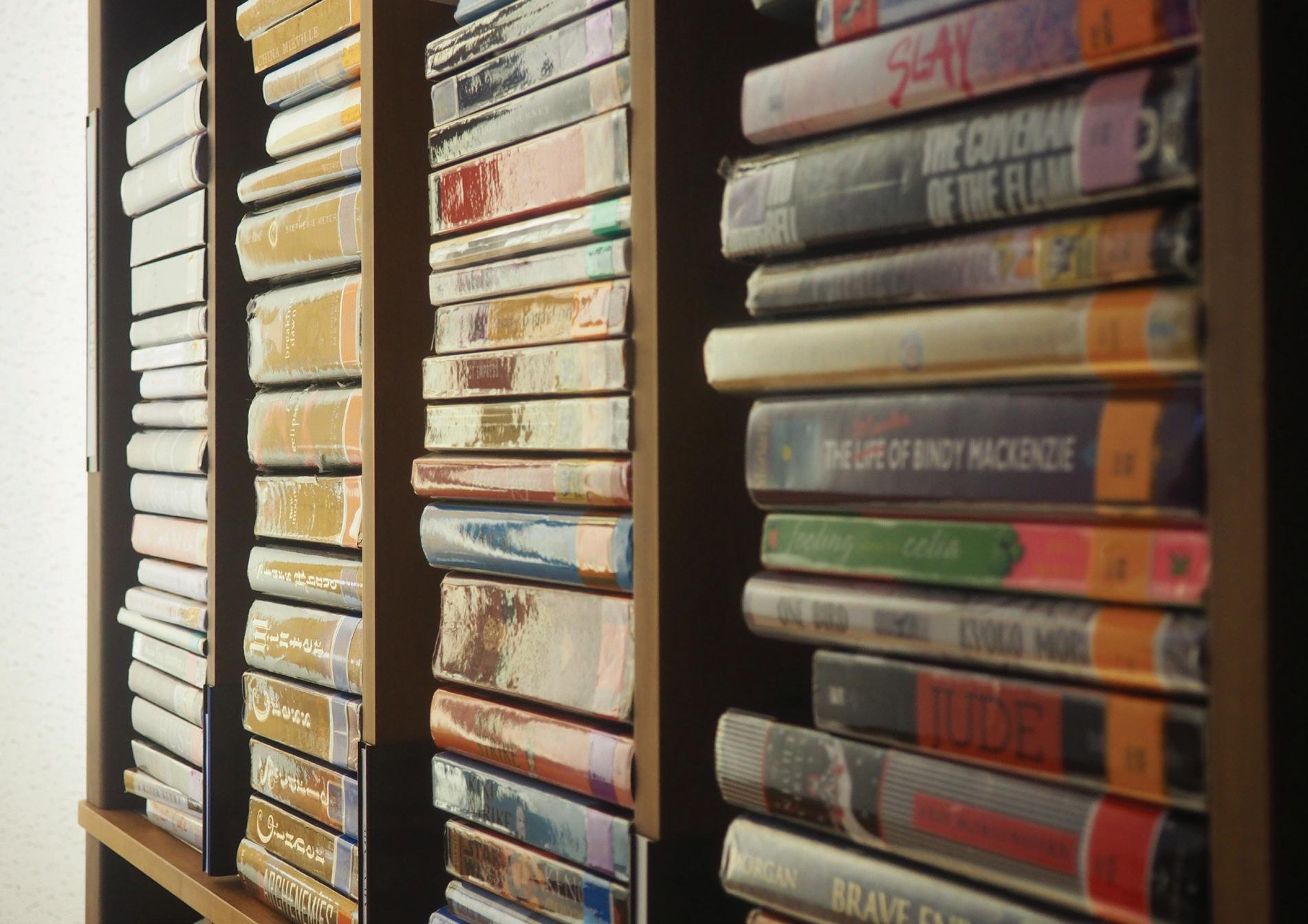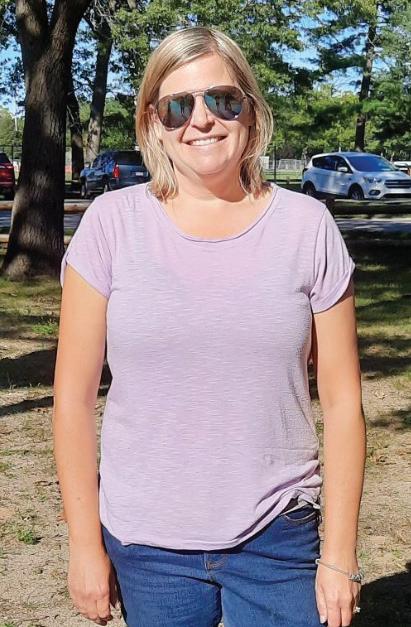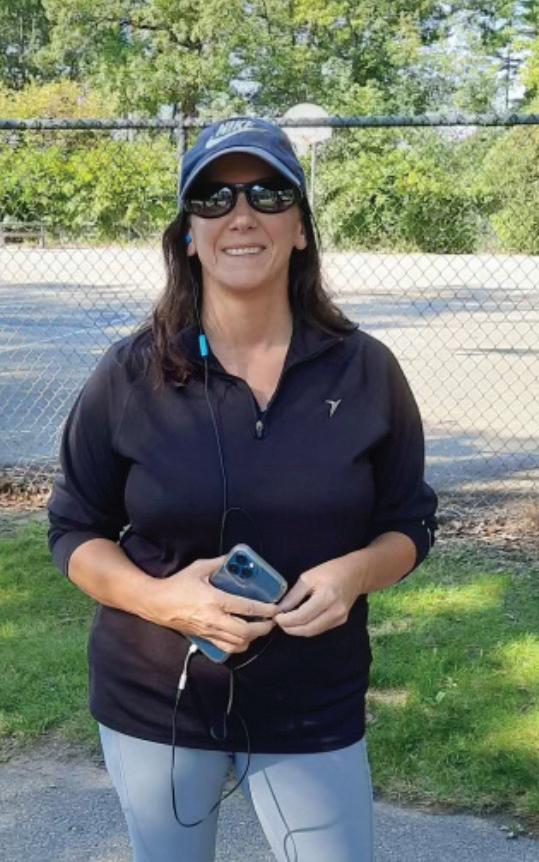
5 minute read
The Reading Culture of Central
by Lucy Poppleton staff writer Despite the importance of reading, many students at Central have a hard time connecting with books
wish it was more of a reading culture that we had [at Central]. I just think that for teenagers, it’s hard. I think they have a lot of [things] that they have to do, and sometimes the idea of taking 15 minutes a day and reading a book isn’t something that naturally occurs to them. They might rather take 15 minutes to do something else,” Central’s librarian Larissa VanderZee observes. For me, reading is a crucial part of my day. If I don’t read something for fun at least once a day, I feel off. Reading has helped me connect with the world and understand it from other people’s perspectives, but I am part of the minority. Many students today find reading to be time consuming or not very important, yet reading is a part of our everyday lives on so many levels. We read texts for class, news articles, posts on social media, and novels for personal enjoyment, though many students these days are drifting further away from reading physical books. According to the American Psychological Association (APA), 60 percent of 12th graders read a book or magazine every day in the late 1970s. By 2016, that number had gone down to just 16 percent. Students might have a hard time focusing, have a busy schedule, get distracted by their phones, or just haven’t found something they connect with yet. Despite many students’ reluctance to read today, reading has significant benefits, such as being a larger part of the world and improving focus. According to Courtney Mazurek, an English teacher here at Central, “in order to be knowledgeable about the world that [we] live in, [we]
Advertisement
“I should read about it.” By making ourselves more aware about the world around us, we are better equipped to understand other people and their experiences. Today’s world is very divided, and we tend not to consider other people’s perspectives and focus only on our own opinions. Jaden Bartnick ‘24 enjoys reading books because it shows her a different perspective. “I enjoy reading a lot, just because it’s always nice to get to know other stories outside of my perception.” VanderZee adds, “Books help people become part of a community because they help readers see a different experience, a different way of approaching a problem, a different way of living.” Additionally, reading can help to improve focus, as, in order to read, one has to sit down and focus for a while. “If we can train [our brains] to have a focus and stay focused, I think that works to affect a student’s classwork, affect a student’s performance on the field, [and] affect a student’s ability to listen,” VanderZee reasons. Despite the benefits that come with reading, students tend to not have much time to read. With the introduction of technology and phones, students these days seem to be spending less time reading. VanderZee reflects that “it’s a lot easier to pick up a phone and scroll through a social media feed, or even read news headlines, than it is to say ‘okay, I’m going to focus on a book.’” The APA reported that while less than 20 percent of US teenagers read a book, newspaper, or magazine for pleasure everyday, over 80 percent use social media everyday. Mazurek notes
Photos: A. Preston
that “students are [not] taking advantage of our library as a great resource, and our librarians for ideas for books and personal reading. Students’ lives are really busy outside of school and, so, it depends on how busy that student’s schedule is and if they enjoy reading and have cultivated reading as a hobby or a habit at home.” One of the biggest obstacles in getting students to read is being able to find a topic, author, or genre to connect with and pursue those interests. “I really think it’s just finding [that] good book because it’s not fun reading a book you don’t want to read, so when you find a solid book it’s always really fun,” Bartnick explains. If students have not yet found that interest, it can be hard for them to read. Teachers and librarians at Central are trying to address this and find something that works for students. Some of their strategies include trips to the library during English classes and promoting books in the classroom. The reading culture of Central has become less important to many students. So what can we do about this? The best way to become more of a reader is to start reading and visit the school library or the local district library. VanderZee thinks that “the more that you see [books], and the covers, it might trigger an entry point where you are choosing to come in and at least see what we have and then maybe pick something up.” //

Graphic: M. Swope
Melissa Aushtof

Renee Killian

“My children, who are in college now, are what I’m most proud of in life. They all do really cool stuff like traveling overseas or running communities under campuses and going to medical school.” Kai Rogers

traverse city identityin
In our spin-off of Humans of New York, the Black & Gold Quarterly went into the community in search of pride. Our mission was to find inspired humans, and through a variety of randomly selected people, we were about to find one commonality: passion.










